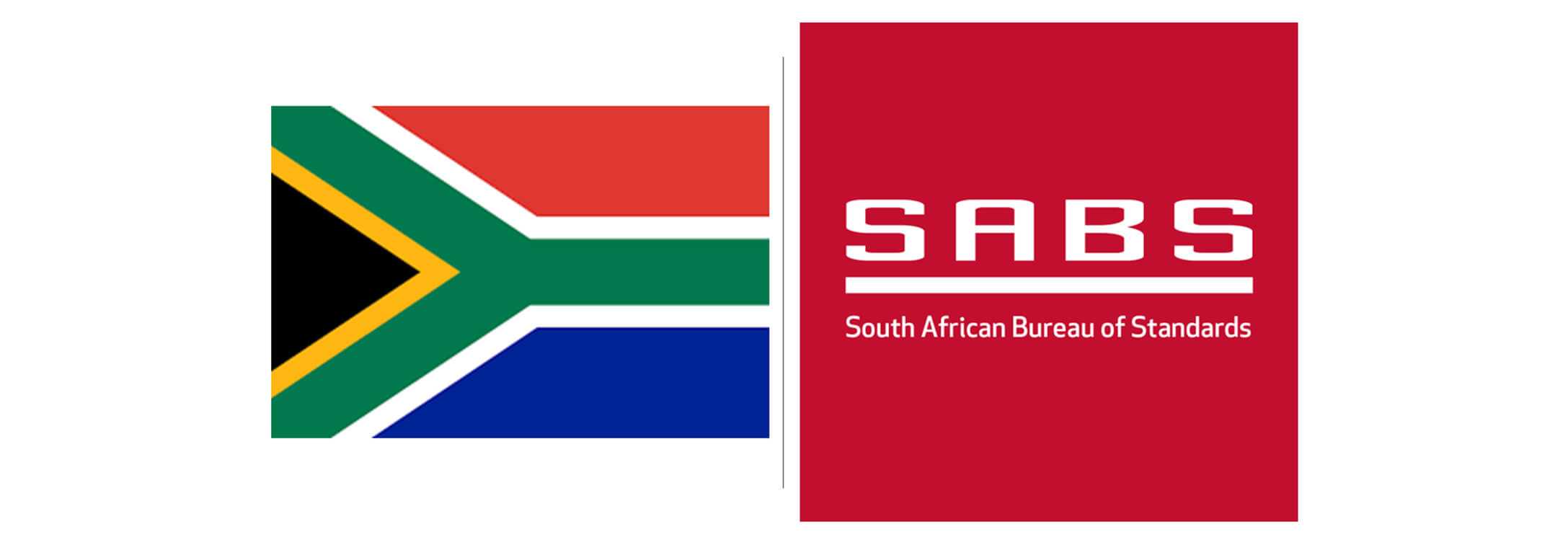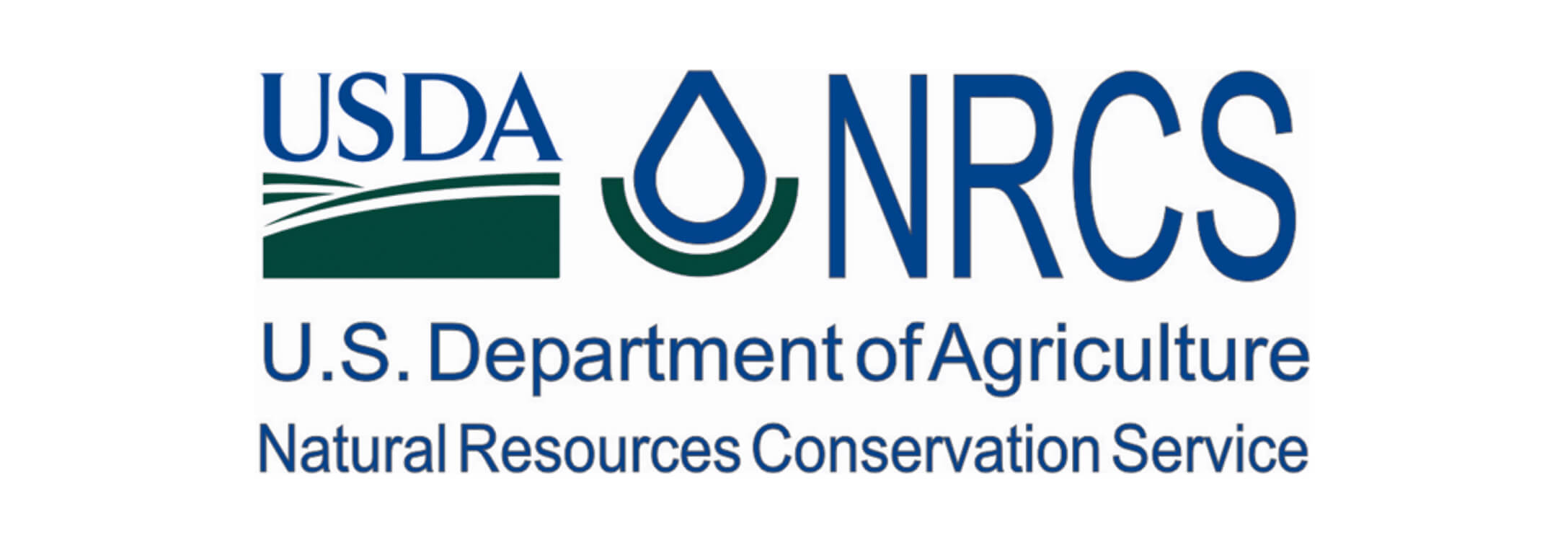
- Compliance with South African Bureau of Standards (SABS)
Compliance with the South African Bureau of Standards (SABS) is a crucial requirement for all solar panels sold and installed in South Africa. The SABS is a national organization that regulates product standards and ensures that all products meet the required safety and quality standards. The organization develops, maintains, and promotes South African National Standards (SANS) for various products, including solar panels.
All solar panels sold and installed in South Africa must comply with the SABS standards. This includes the SANS 10142-1 standard for the wiring of premises, which outlines the minimum requirements for the safe installation of electrical systems, including solar panels. Compliance with this standard is mandatory and ensures that the solar panels are installed in a safe and efficient manner.
In addition to the SANS 10142-1 standard, solar panels must also comply with the SANS 61215 standard, which outlines the minimum requirements for the design, construction, and testing of photovoltaic modules. Compliance with this standard ensures that the solar panels meet the necessary safety, performance, and durability requirements.
Compliance with the SABS is a crucial requirement for all solar panels sold and installed in South Africa. Compliance with the SANS 10142-1 and SANS 61215 standards ensures that the solar panels are installed safely and efficiently and meet the necessary safety, performance, and durability requirements.

- Registration with the South African Photovoltaic Industry Association (SAPVIA)
Registration with the South African Photovoltaic Industry Association (SAPVIA) is another important requirement for solar panels in South Africa. SAPVIA is a non-profit industry association that represents the interests of companies involved in the solar photovoltaic industry in South Africa. The organization promotes the development of the solar industry in the country, provides information and support to its members, and engages with government and other stakeholders to ensure that the regulatory environment is conducive to the growth of the industry.
All solar panel manufacturers, distributors, and installers in South Africa are encouraged to register with SAPVIA. Registration with SAPVIA demonstrates a commitment to the growth and development of the solar industry in the country and provides access to a network of industry experts and resources.
SAPVIA also provides a platform for members to share information and collaborate on projects and initiatives. This can lead to improved industry standards and practices, as well as increased efficiency and profitability for individual businesses.

- Conformance with the National Regulator for Compulsory Specifications (NRCS)
Conformance with the National Regulator for Compulsory Specifications (NRCS) is another important requirement for solar panels in South Africa. The NRCS is a government agency that regulates product standards and ensures that all products sold in the country meet the required safety and quality standards. The organization develops and enforces compulsory specifications for various products, including solar panels.
All solar panels sold and installed in South Africa must conform to the NRCS compulsory specifications. This includes requirements for the quality of materials used in the panels, their performance, and their safety. Conformance with these specifications ensures that the solar panels meet the necessary safety and performance requirements and are suitable for use in the country.
The compulsory specifications, the NRCS also conducts regular inspections and audits of solar panel manufacturers, distributors, and installers to ensure compliance with the regulations. This helps to prevent the sale and installation of sub-standard solar panels in the country and ensures that consumers are protected from potential harm or financial losses.
Conformance with the NRCS compulsory specifications is a crucial requirement for solar panels in South Africa. Compliance ensures that the panels meet the necessary safety and performance requirements and are suitable for use in the country. Regular inspections and audits by the NRCS help to prevent the sale and installation of sub-standard solar panels and protect consumers from potential harm or financial losses.

- Eligibility for Incentives and Rebates offered by the government
Eligibility for incentives and rebates offered by the government is an important requirement for solar panels in South Africa. The government offers a range of incentives and rebates to encourage the adoption of renewable energy technologies, including solar panels. These incentives and rebates can help to offset the initial costs of purchasing and installing solar panels and make them more affordable for consumers.
To be eligible for these incentives and rebates, solar panels must meet certain requirements, including compliance with the SABS and NRCS regulations. The solar panels must also be installed by accredited installers and must be registered with the relevant government agencies.
Some of the incentives and rebates offered by the South African government for solar panels include tax rebates, feed-in tariffs, and rebates for low-income households. These incentives and rebates can vary depending on the province or municipality, and consumers should check with their local government for specific information on what is available in their area.
Eligibility for incentives and rebates offered by the government is an important requirement for solar panels in South Africa. These incentives and rebates can help to make solar panels more affordable for consumers and encourage the adoption of renewable energy technologies. To be eligible, solar panels must meet certain requirements, including compliance with SABS and NRCS regulations, and must be installed by accredited installers and registered with the relevant government agencies.









